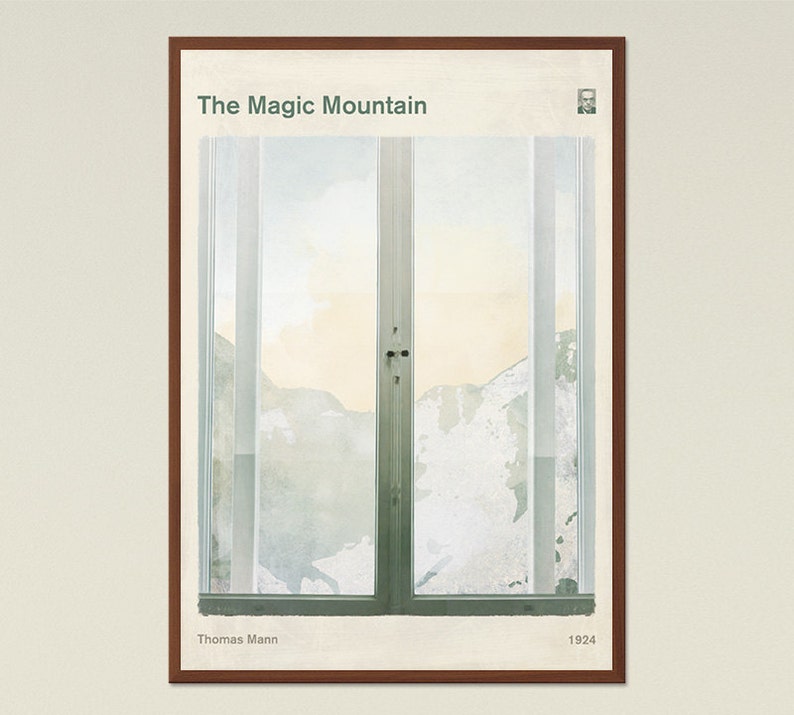

Hans begins a series of discussions with a resident named Ludovico Settembrini, a self-described humanist and freethinker from Italy, who extols the virtues of western civilization and deplores the decadence that defines life at the sanatorium. These residents hail from every corner of the globe their only similarity is that they are ill and that each can pay their weekly bill at the sanatorium indefinitely. By way of introduction, the novel’s narrator takes special care to describe Hans Castorp as nothing more or less than a representative of the German middle class, “neither a genius nor an idiot” (30-31).ĭuring his three-week stay, Hans experiences a near-eternity in the mountain sanatorium as he acclimatizes himself to the unique outlook, routine, and language of its doctors and patients. Hans’s stay is meant to last three weeks Joachim warns his cousin that time at the sanatorium does not conform to anyone’s expectations. Joachim has been staying in the International Sanatorium Berghof, which is in the Swiss Alps near the town of Davos, in a location so far above sea level that the air is thin and birdsong is rare.

Hans Castorp takes a break from his engineering studies in Hamburg to visit his cousin, an officer in training named Joachim Ziemssen, who has tuberculosis. This study guide refers to the 1995 translation from the German by John E. The novel was Mann’s first to reach wide international acclaim and helped secure him a Nobel prize. Rapid technological changes were shrinking the world advancements in medicine and the relentless exploitation and colonization of a global working class created to substantial changes to the health and prosperity of the European and American bourgeoisie.Ī Modernist bildungsroman, or coming of age novel, The Magic Mountain takes place throughout the decade leading up to World War I and explores these global technological and ideological shifts through its main protagonist, Hans Castorp.

The telegraph and railway were giving way to the motorcar and radio. World War I was the culmination of many upheavals to the global order that took place within Mann’s lifetime. He relocated to the United States and became a U.S.

During World War II, he was exiled from Germany, where Nazis burned copies of The Magic Mountain. Mann was born in 1875, just four years after the creation of the modern state of Germany and the failed revolutionary Commune of France.


 0 kommentar(er)
0 kommentar(er)
